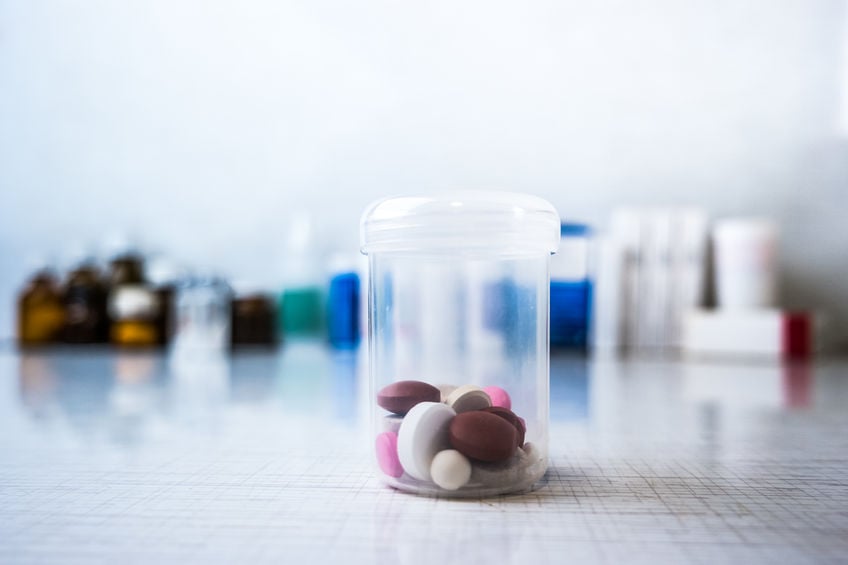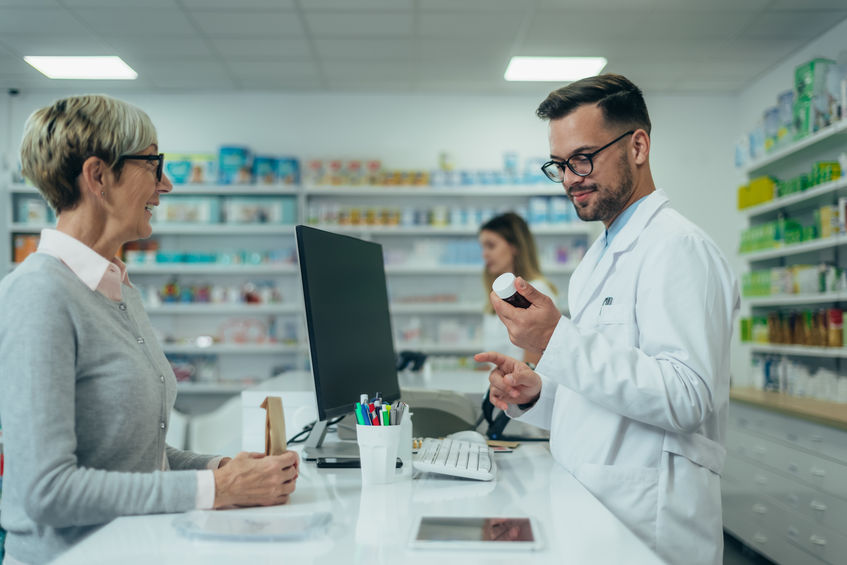Compounding Pharmacies: Putting The Patient First
Compounding is the science of creating medications specifically to suit an individual patient. Unlike typical drug manufacturing, compounding takes place in the pharmacy. A patient may have a drug compounded because they have an allergy to certain drug ingredients or because they cannot tolerate a certain form of medication and need a different one.

Medication alteration
If a doctor wants to prescribe compounded medication, it is important that the patient knows why. It may be because of a known allergy to certain medication ingredients such as fillers or dyes. Alternatively, it may be because the patient is not able to tolerate a certain form of the medication and needs another one. For example, the patient may be allergic to the oral form of the medication and so requires a topical form.
Patients who are receiving a compounded medication should always ask who will be compounding the prescription. It should be made up by a licensed pharmacist. Each patient should also be given a copy of the formulation sheet, which contains all the ingredients that the pharmacist used to make the medication.
What is a compounding pharmacy?
There are around 56,000 community-based pharmacies in the US. An estimated 7,500 of these specialize in compounding medications. Although all licensed pharmacists learn basic compounding during their training, many compounding pharmacies employ pharmacists who specialize in compounding. Compounding may also take place in hospital pharmacies.
How a compounding pharmacist can customize a medication
Based on a physician’s prescription, a compounding pharmacist can customize medications regarding strength or dosage, the flavor of medication to make it more palatable, or exclude non-essential ingredients to which the patient is allergic. A compound pharmacist may also change the form of the medication. For example, if a patient has difficulty swallowing tablets, the medication may be changed to an oral liquid.
Possible health risks of compounding
Compounded medications are not approved by the FDA, a patient may be using a medication formula which is less effective than a similar FDA-approved medication. Additionally, some compounding pharmacies may use an unsafe combination of ingredients. For example, a compound pharmacy may use two ingredients in the same medication, which should not be used together but not three.
RECENT
ARTICLES



Our Patients Say
We pride ourselves on providing exceptional customer service to our community. Here are a few things that the community is saying about us.
Convenient and quality service. Ive never had my prescriptions filled quicker and the pharmacist took the time to tell me about what I was taking.
Excellent experience! Friendly, knowledgeable staff!
I have been a customer since they opened. Julie and Hiten have both treated me with the utmost respect and have always been ready to take care if my needs with a smile




